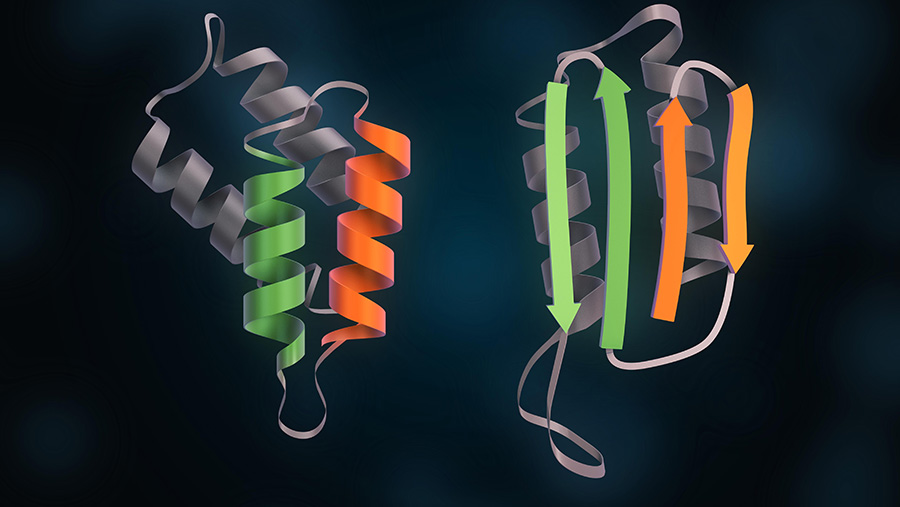BSE confirmed in dead cow in Cornwall
 © Oscar/Adobe Stock
© Oscar/Adobe Stock Bovine spongiform encephalopathy has been confirmed in a 17-year-old suckler cow in Cornwall – the first case of the disease on a UK farm since 2021.
It was picked up during routine surveillance and testing of fallen stock cattle aged over 48 months, when the in-calf indigenous cow was culled after being found recumbent.
See also: Dutch cattle farms sealed off after BSE case
The case will not affect the UK’s ability to export beef, the World Organisation for Animal Health (WOAH) has said.
The cow’s offspring will, however, be culled and her cohort screened for bovine spongiform encephalopathy (BSE).
The case, described by Defra as “isolated” and atypical H-type BSE, was confirmed on Monday 20 March.
Non-contagious
Unlike classic BSE, which was linked to infectious feed, this strain is spontaneously occurring and non-contagious, and occurs at a very low level in all cattle populations.
UK chief vet Christine Middlemiss said confirmation of the disease was proof that the surveillance system for detecting and containing this type of pathogen was working.
The animal was removed from the farm to be disposed of as category 1 material – considered as the highest risk.
Darren Cutts, head of meat hygiene policy at the Food Standards Agency, gave a reassurance that there was no food safety risk.
“There are strict controls in place to protect consumers from the risk of BSE, including controls on animal feed, and removal of the parts of cattle most likely to carry BSE infectivity,” he said.
The WOAH said the overall risk status for BSE in Great Britain would remain at “controlled”.
The precise location of the farm has not been disclosed to protect the farmer’s identity and wellbeing, it added.
